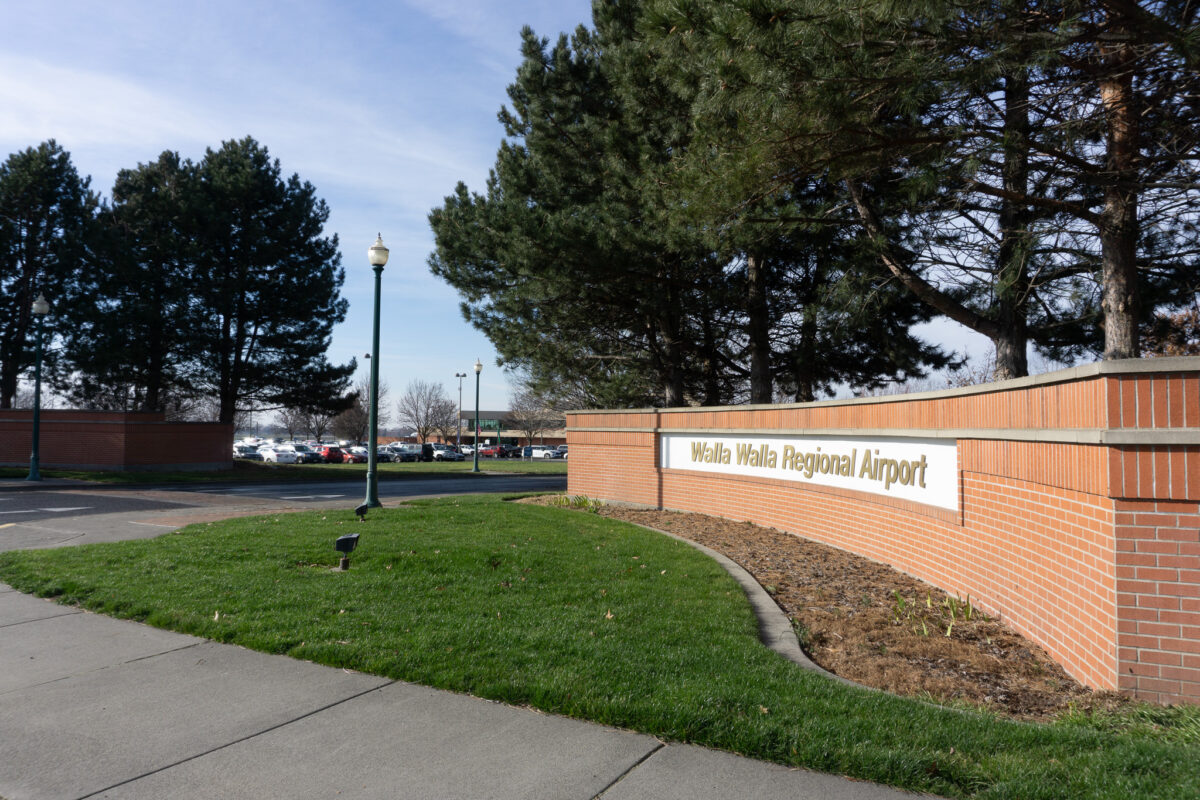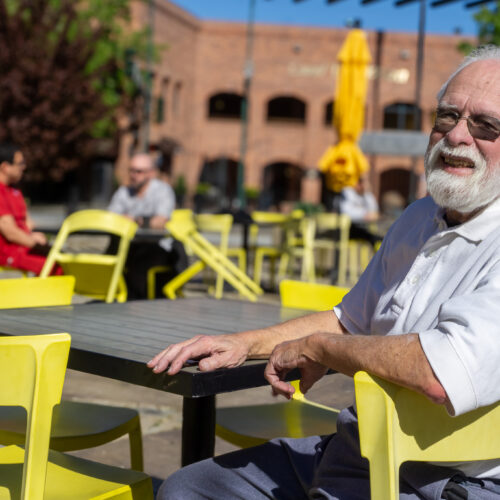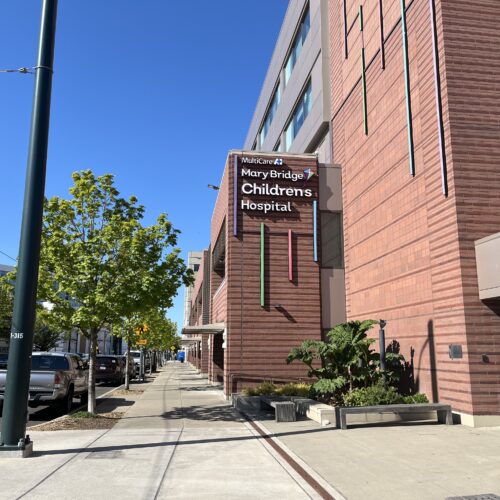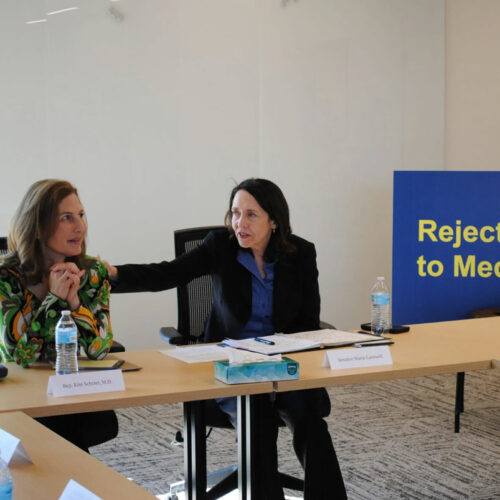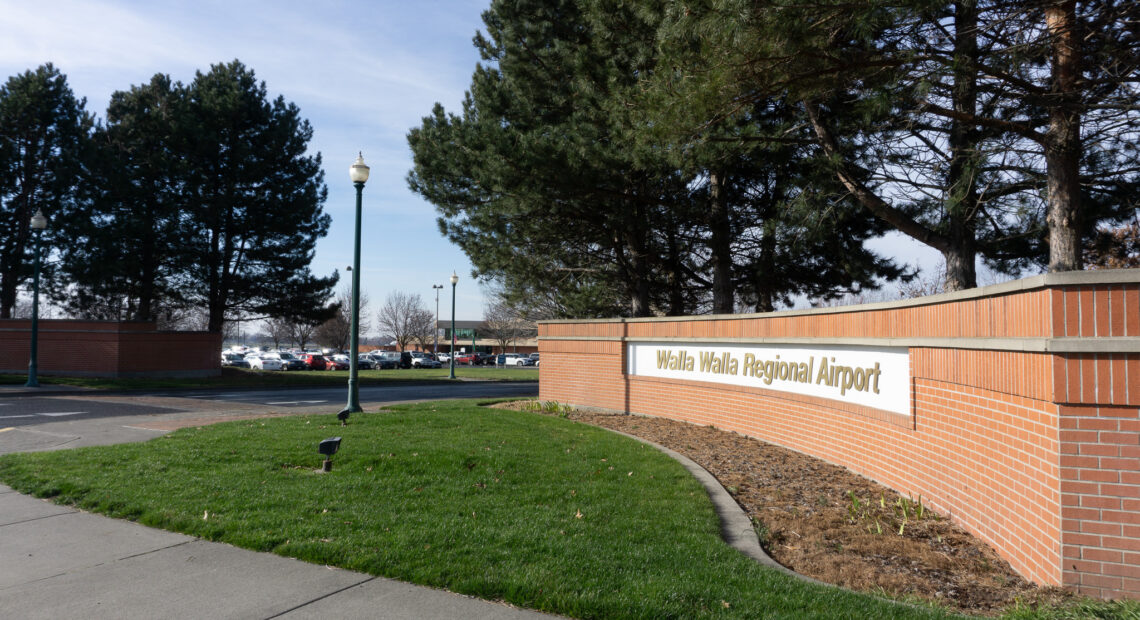
How Washington’s small airports are getting their flights back
Listen
(Runtime :59)
Read
During the pandemic, Alaska Airlines cut the number of regional flights it offered. But area residents wanted those flights back. So, in 2023, the airline struck deals in Walla Walla, Yakima and Wenatchee.
The agreements, known as minimum revenue guarantees, are common in smaller markets.
In Walla Walla, for example, Alaska Airlines agreed to reinstate one daily roundtrip flight to Seattle, on top of the one it already offered. The community, in turn, guaranteed the airline would earn $500,000 in the first year. If it earned less, the airport and its partners would make up the difference.
“That program is to help airports retain and bring in new carriers,” said Jennifer Skoglund, the manager of Walla Walla’s airport. “Also for the air carrier, it reduces their risk.”
Walla Walla’s agreement ended last August. In the end, the Port of Walla Walla, which owns the airport and is funded by property taxes, and its community partners, such as Visit Walla Walla and Whitman College, paid about $305,000 to Alaska Airlines.
“Financially, it was a success because we didn’t spend the whole $500,000,” Skoglund said. “ That also shows the success in Alaska Airlines’ service in and out of Walla Walla and our community utilizing the airport.”
Moving forward, the airline said it would continue offering the additional roundtrip in Walla Walla, no revenue guarantee required.
While that’s a win, Skoglund said passengers shouldn’t get too comfy.
“The data drives decisions,” she said. “And the more ridership we can get in and out of Walla Walla definitely protects what we have.”
For a route to be profitable and sustainable, Alaska Airlines must fill 80% or more of its seats, Skoglund said. In 2024, just under 70% of available seats were sold.
So, if residents want to keep their flights — and maybe gain more in the future — Skoglund said the answer is simple: Fly local.
“Commercial air service is a big economic driver for any community,” she said. “ We want to do everything we can to retain and expand it.”
Skoglund said that commercial flights boost tourism dollars. They’re also appealing to businesses and commuters who are considering moving to the region.
Given Walla Walla airport’s short lines and free long-term parking, she said its flights are a boon to current residents, too — especially with more than 100 nonstop destinations from Seattle.
“We who live in Walla Walla really have the world at our fingertips,” Skoglund said.

